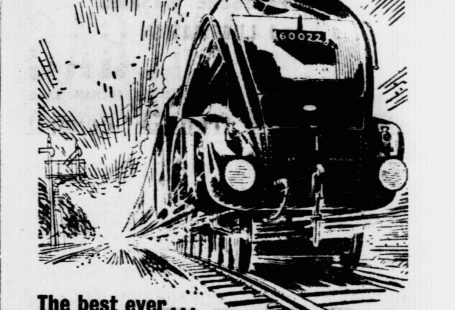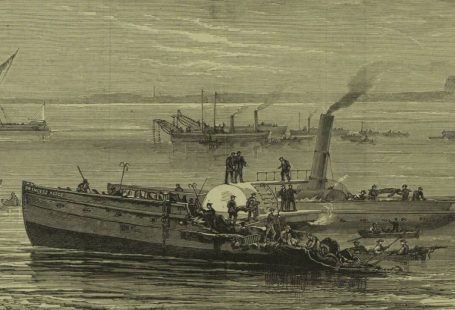This blog was submitted by Professor Brian Cathcart. Brian is a professor of journalism at Kingston University London. His book, The News From Waterloo: the race to tell Britain of Wellington’s victory, is published on 30 April by Faber & Faber, price £16.99
How long did it take for the news of Waterloo to reach London? In this bicentenary year of the battle it is something we might expect to know, but the facts turned out to be surprisingly elusive and the newspapers of the day proved vital in delivering a plausible answer.
There is what might be called an official narrative, which is that the Duke of Wellington’s official dispatch arrived late on the night of Wednesday, 21 June 1815, three days and a few hours after the victory was certain. The papers of the next day reported this jubilantly:
Delve a little deeper into the British Newspaper Archive, however, and it’s clear that unofficial reports arrived earlier.
One good if unexpected source is the Caledonian Mercury of Edinburgh that appeared the following Saturday. These reports (which I stumbled upon while sitting on my sofa at home with my laptop on my knee) were written in London on the evening of that Wednesday, hours before the official dispatch arrived.
2. “Mr C of Dover”
3. “Brussels”
The Caledonian Mercury also referred to some different reports suggesting that there might have been, not a victory, but a defeat.
A look at the London Morning Chronicle published that Wednesday morning (21 June) adds some further complications. Here is something from page 3:
This refers to the Tuesday evening – 24 hours and more before before the official messenger reached London.
And then there is this, also from that morning’s Chronicle (page 2):
According to the Morning Chronicle, therefore, its rival the Post had reported a great victory on the Tuesday morning, some 36 hours before the official dispatch. And this is confirmed by other papers, although sadly that special edition of the Post seems to be lost to us.
Who brought the news of Waterloo and when have been matters of interest to historians since the Victorian age and a variety of accounts have emerged over the years, but this range of newspaper reports alone (and there is much more in these papers) was enough to transform the picture.
They complicate matters, but they also trump many of the other tales in terms of credibility. These are not – as some are – urban legends. Nor are they based on casual or partisan reminiscences, written decades later, as others are. Instead we know they are contemporaneous to the events.
Of course this does not mean they could simply be taken at face value – it turned out, for example, that the announcement at Covent Garden was a hoax. But the newspapers of those days in June 1815 opened doors which had never even been tried before.











1 comments On Waterloo and the British Press
The official dispatch arrived at Eagle House on Viking Bay, Broadstairs, Kent, which was the headquarters of the Coastal Blockade during the Napoleonic Wars.
Broadstairs’ residents were the first to hear the official report of the victory at Waterloo in 1815 when Major Percy and troops returned from France to this building with the captured French Eagle Standards.
Here is a photo showing a replica Eagle Standard placed on Eagle House:
https://www.flickr.com/photos/stevieb/5922903392